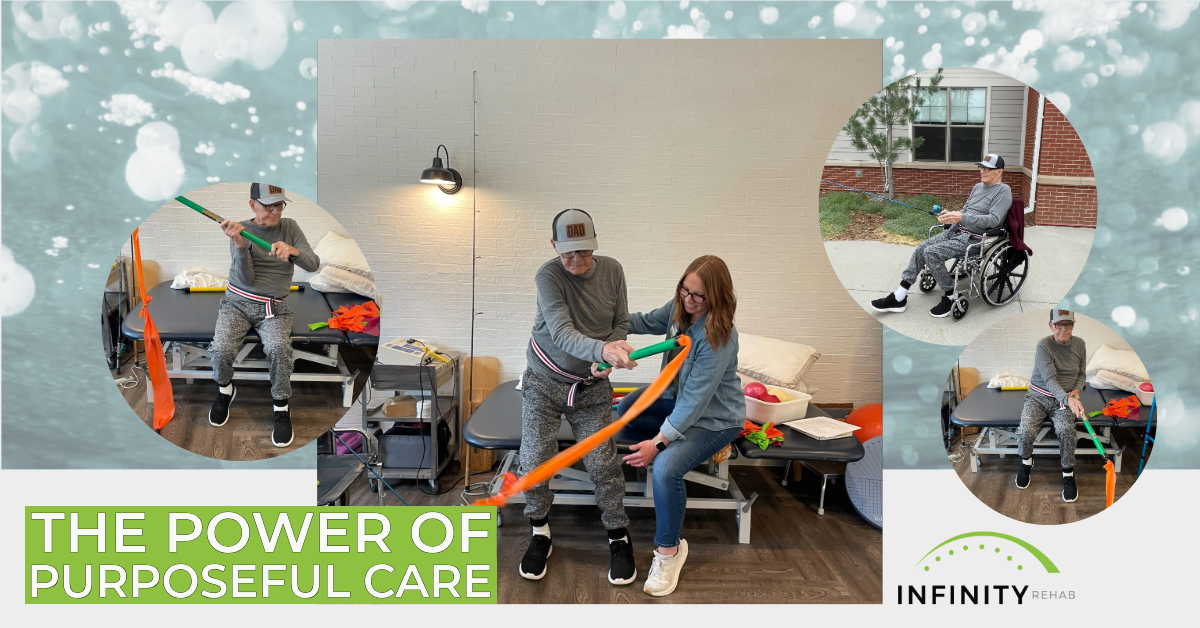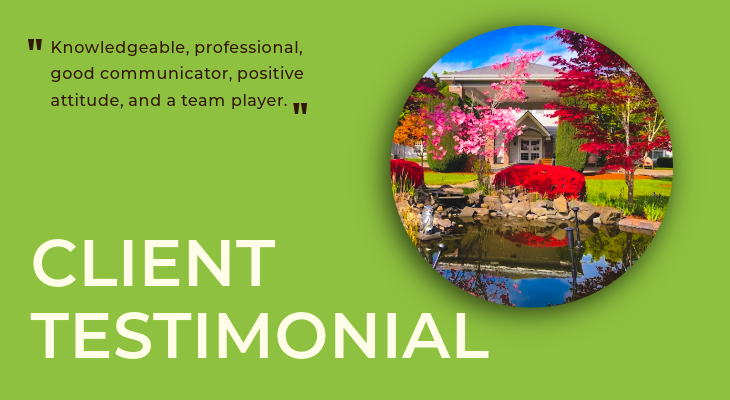On an overcast morning in the small town of Lebanon, Oregon, over 200 senior care providers gathered in the Samaritan Event Center for the 2015 White House Conference on Aging to address an important question: how can we improve the care of aging adults in the state of Oregon? From senior care providers to elder law experts, researchers, advocates and resource management strategists, each one of us entered curious to hear from a colorful assortment of panelists addressing topics including elder abuse, resource management, healthy aging, access to senior services and long term care planning.
Throughout the morning, panelists identified significant opportunities for growth in the way that we manage, treat and support the ever-expanding senior population, which is estimated to number over 80 million in 2050; we were also presented with some staggering statistics that identified gaps in our current systems and were encouraged to brainstorm for efficient, realistic solutions to minimize the risks for our elders and to develop a more stable and secure future for the next generation of aging Americans.
I was shocked to learn that in Oregon, there are less than an estimated 100 certified geriatricians, leaving our elders at a significant disadvantage and falling short of the mark by nearly 150 practitioners. With an estimated 75% of national health care costs being spent on the management of chronic conditions each year, there is a significant absence of healthcare providers who are able to better manage chronic illness associated with aging, thus increasing risk for ongoing chronic illness, onset of acute illness or injury, re-hospitalization and increased strain on government healthcare budgets.
Some additional statistics illuminated areas for increased awareness, particularly in regards to elder abuse. An estimated 5 million adults face abuse each year nationally, with a 39% increase in substantiated abuse case in community settings reported in Oregon since 2011. Nearly $12 million was financially exploited from Oregon’s seniors and people with disabilities in 2013, 19% of which were directly related to Power of Attorney abuse. Allegations of financial exploitation increased by 18% in one calendar year in Oregon and represented 42% of all abuse cases investigated by Oregon APS.
Our afternoon sessions consisted of four breakout groups. We worked on strategy, problem solving and shaping a future in which Oregon’s elders will be safe and well cared for. The recommendations from our committees have been published on Oregon’s Department of Human services website (https://www.oregon.gov/dhs/spwpd/Documents/whc-aging-recommendations.pdf ) and address areas of improvement for retirement security, long-term services and support, healthy aging, and elder justice. While the recommendations submitted during the conference may take some time to be implemented, there is a clear message behind each one.
As a therapist, I have the opportunity to work with a wide variety of aging adults: grandparents, artists, gardeners, carpenters and more who are all experiencing a shift in the way they live due to a change in their health. Many of them are unaware of resources available to them or their rights as healthcare consumers. My team strives to provide support and education for all of our clients, but we are often only a small piece of their journey to recovery. After spending an afternoon working alongside a variety of elder service providers, I am encouraged to know that our seniors are being met by individuals who understand the cracks in the pavement and do their best to help steady the path.
While it may take some time to see systemic changes and decrease the risk to aging Americans, I am confident that this conference, and more to come, will play a key role in affecting the change that is desperately needed. We have been called to action, and with our recommendations we have taken the first step forward on the road to a healthier Oregon.
by Claire Furlotte, OTR/L, Director of Rehab






